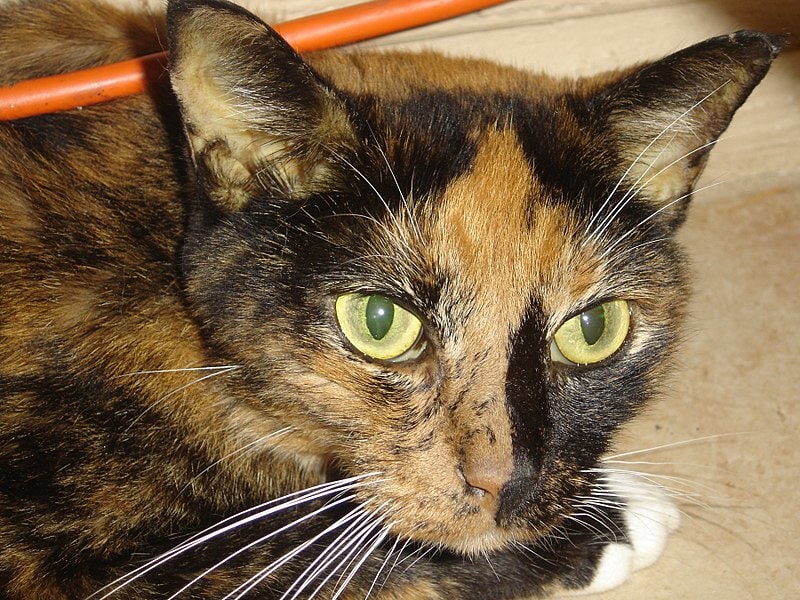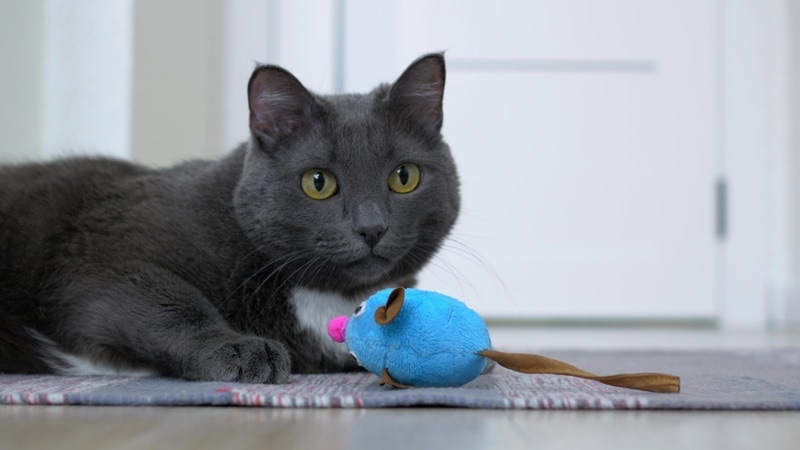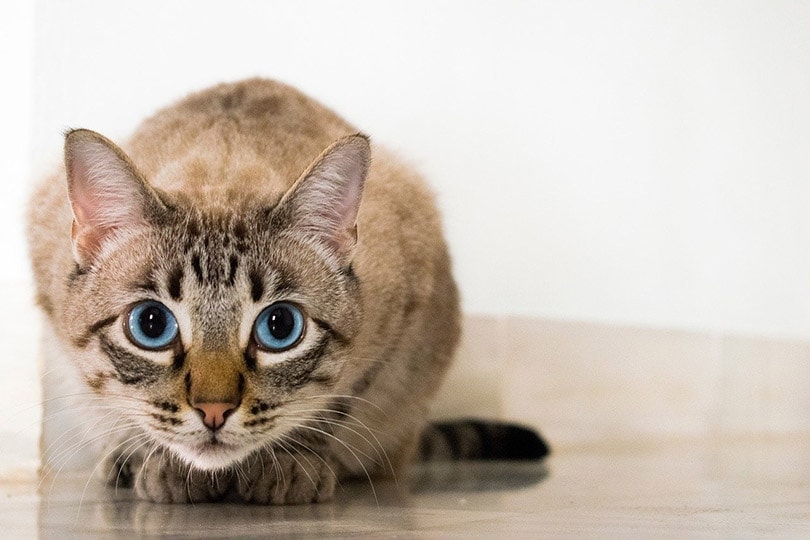6 Common Domestic Shorthair Cat Health Problems: Vet Approved Facts

Updated on
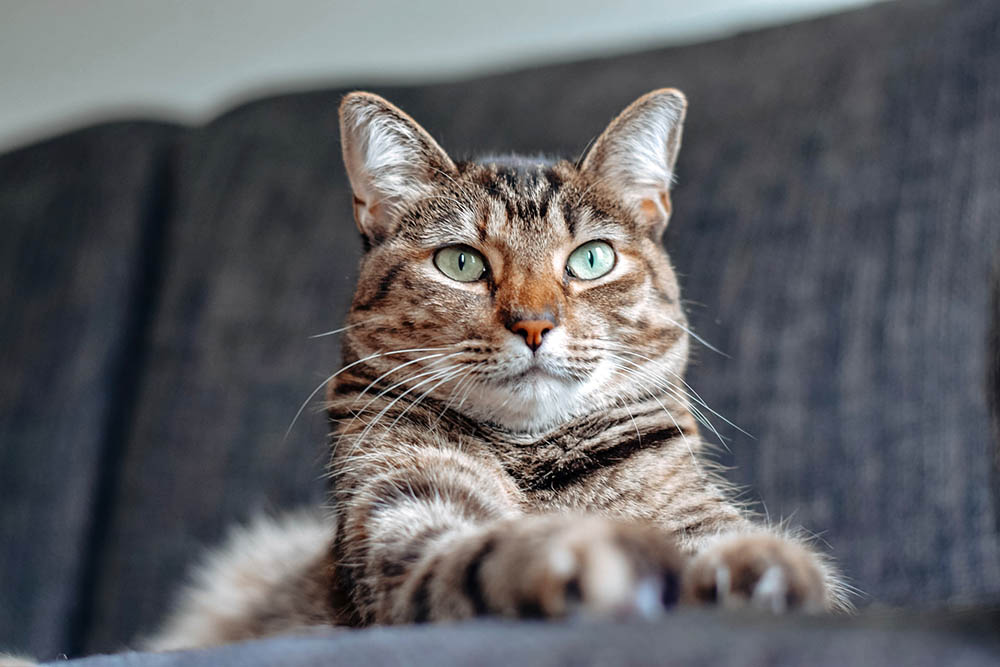
The Domestic Shorthair cat is a common house cat that is sometimes referred to as a “mutt” or “moggie”. Due to the mixed breeding, the size can vary along with the array of colors and patterns of these little furballs. These cats are usually medium in size and muscular, with many different personality traits.
While these cats are known for being hardy, they are susceptible to health problems like any other pet. It’s important to be aware of any health risks and to visit your vet regularly to keep them healthy.
Here are the six common Domestic Shorthair cat health problems.
The 6 Domestic Shorthair Cat Health Problems
1. Obesity
These cats love to eat and are prone to weight-related health problems. Like humans, obesity is a major concern for cats and other animals. Careful monitoring of their weight and food consumption is important. Cats that are overweight can develop back problems, joint pain, issues with their liver and kidneys, heart disease, and diabetes.
If your cat is gaining weight, you may want to speak to your veterinarian. Some simple blood work can determine if the weight gain is from overeating or if there is an underlying health condition that needs to be addressed.
2. Kidney Failure
Domestic Shorthairs can be born with kidney disease, but older cats can also develop these conditions with age. If kidney disease is untreated, it can lead to other health problems.
Kidney failure can be acute or chronic. Acute kidney failure happens suddenly and may be caused by toxic plants or cleaning fluids, shock, or infection. Chronic kidney failure can be brought on by dental disease, kidney infections and blockages, thyroid problems, or heart disease and can be more difficult to treat and can develop over months or years.
The symptoms of kidney failure include loss of appetite, dropping weight, clear urine, diarrhea, vomiting, drinking excessively, and frequent urination. If your cat’s breath smells like ammonia, he is weak or constipated, has mouth sores on the tongue and gums or a dry coat, he could be experiencing kidney failure.
Your veterinarian can check your cat’s blood and urine and, if necessary, do other tests, like an X-ray or ultrasound, to make a diagnosis. With proper treatment, a managed diet, and careful monitoring, you can help your cat live his best life.
3. Hyperthyroidism
This is a common disease in cats that will usually develop as they get older. The thyroid is not only responsible for controlling the body’s metabolism; it affects all the organs of the body. If the thyroid is out of sync, it can lead to other problems, particularly with the heart and kidneys.
Hypothyroidism can cause your cat to experience increased appetite, thirst, and urination. It may cause vomiting, diarrhea, a matted or greasy coat, and hyperactivity. These conditions may be subtle at first but increase as the condition worsens.
Pay close attention to your pet and communicate any changes in their habits or health concerns with your vet. Doing this will provide him with the necessary information to diagnose them and discuss any available treatment options.
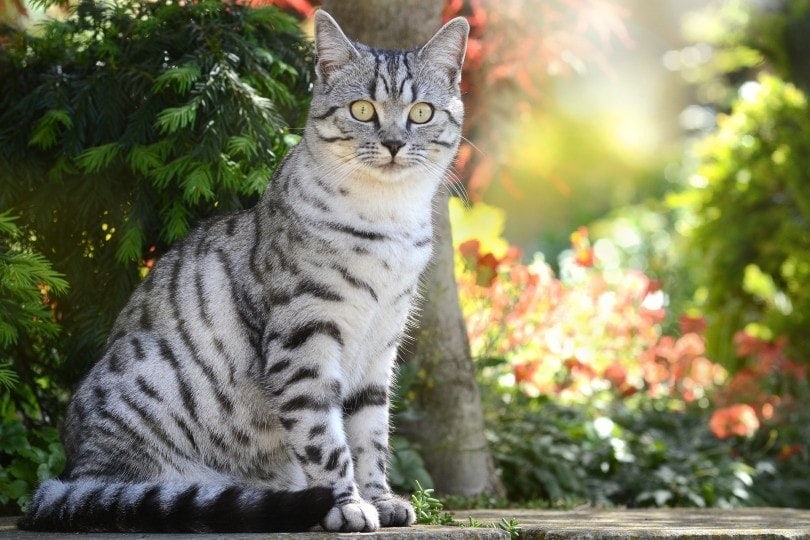
4. Polycystic Kidney Disease
Polycystic kidney disease is an inherited disease in Domestic Shorthair cats. It is a condition, since birth, of cysts (pockets of fluid) being present on the kidneys. As the cysts become bigger, they damage the organs and cause kidney failure. The advancement of this disease will depend on the number of cysts, how fast they grow, and will vary from cat to cat.
Cats with polycystic kidney disease may experience excessive thirst, weight loss, and vomiting. If you think your cat may have kidney disease, talk to your vet. They can check your cat’s blood and urine to diagnose any conditions affecting your pet’s health.
5. Diabetes
Diabetes in cats can be genetic or the result of other underlying health conditions. It happens if the insulin produced by your body is ineffective or it is not producing enough for proper function. Other factors that can contribute to diabetes are poor nutrition, lack of exercise, and weight gain.
Your cat may be experiencing weight loss, increased appetite, excessive drinking, and increased urination, symptoms that may not be obvious immediately, however. A vet can monitor your cat’s blood or urine to check for diabetes.
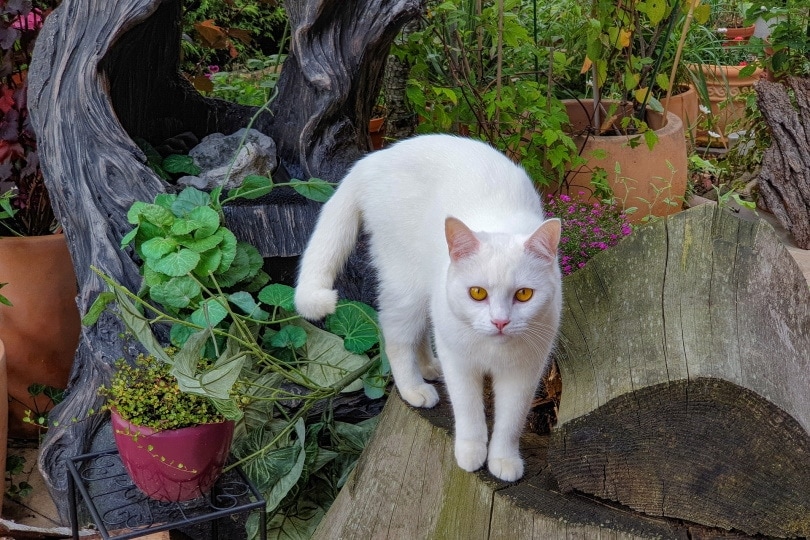
6. Heart Disease
Heart conditions can vary among cats, but the most common among Domestic Shorthair cats is adult-onset hypertrophic cardiomyopathy (HCM), enlargement of the heart muscle. This condition can cause the heart to beat faster, slower, or with an irregular rhythm and can lead to heart failure.
Several symptoms can indicate heart failure, including open-mouthed, labored or rapid breathing, and lethargy. There is no known cure for this condition, but there are treatments available, so a proper diagnosis is necessary to keep your pet stable.
Conclusion
While Domestic Shorthairs are susceptible to other health conditions, most of these conditions can be prevented with regular vet visits or managed with proper treatment. Your pets depend on you to keep it safe and healthy so they can live a long and happy life with you.
Featured Image Credit: Thewonderalice, Unsplash


